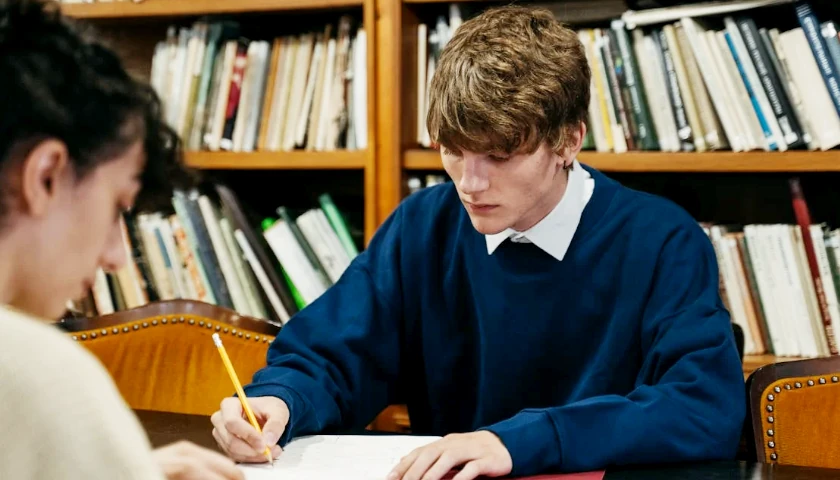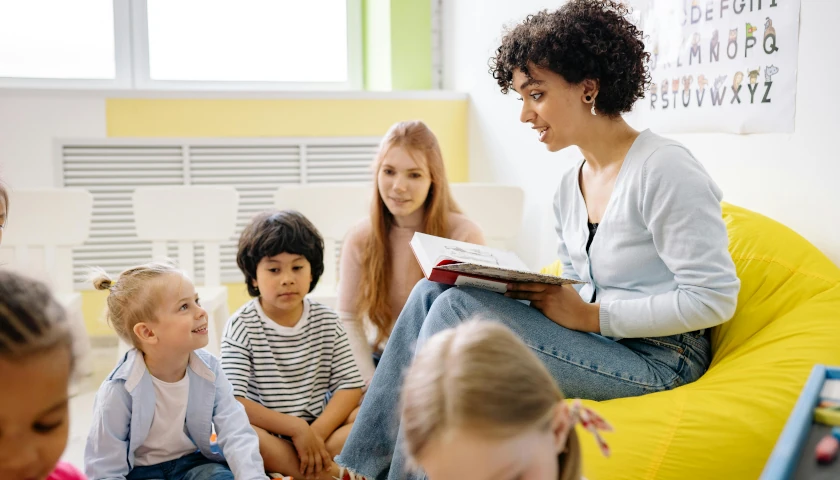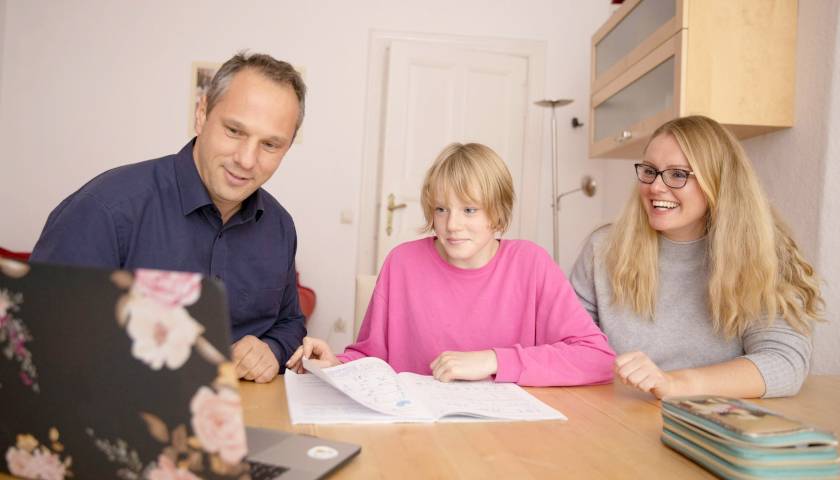According to a federal survey of school leaders, 40% of students in the nation’s public schools were behind grade level in one or more subjects at the beginning of the school year.
The National Center for Education Statistics (NCES) announced its findings this week that the percentage of students school leaders estimated to be behind where they should be was down 7% from the 2022-23 school year but still 8% higher than before the pandemic.
Read More


